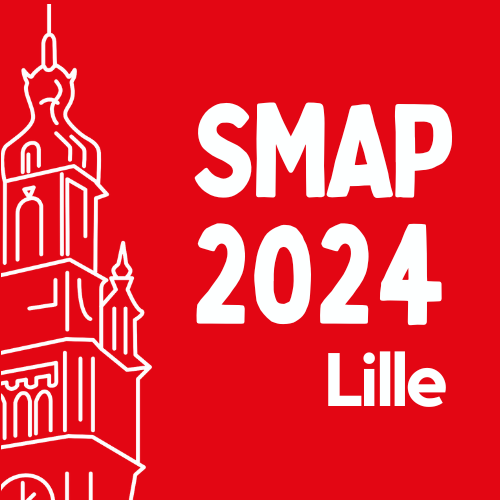
Session: Session 5
Fundamental investigation of peptide fragmentation by collision mass spectrometry: structure/dissociation relationship
This work focuses on the fundamental study of peptide fragmentation in the gas phase, using collisional mass spectrometry to better understand the different pathways and improve the reliability of de novo peptide sequencing and protein identification. To achieve this goal, various peptide analogues of penetratin are analyzed to understand the effect of peptide sequence and gas-phase structure on the production of fragment ions.
Depending on the activation method, peptide ions can produce different fragment ions. Collision-induced dissociation (CID) typically leads to the b/y ions, while electron-based techniques (ExD) tend to produce c/z ions. However, in the collisional fragmentation spectra of the peptides of interest, we observe an unusual c/z fragmentations type at specific locations in the sequence. This occurs mainly when the precursor ion is cationized with lithium, sodium or potassium. Cationization with protons leads to lower intensity c/z fragments.
The aim is therefore to understand the fragmentation mechanisms leading to the production of c/z ions in CID from a given peptide sequence. We have recently developed the use of a new experimental gas-phase approach to measure these effects, based on mass spectrometry using activation by higher energy collision dissociation (HCD). From these measurements, the thermodynamic parameters activation energy (Ea) and pre-exponential factor of Arrhenius (A) of the dissociation reaction can be obtained. These parameters will help determining the nature of the transition state (TS) and the fragmentation mechanism involved in the production of fragment ions, in other words, a simple rupture mechanism or rearrangement.
This project will enable us to decode, at the molecular, thermodynamic, and mechanistic levels, the production of c/z ions in fragmentation spectra, the most commonly used activation technique. It will certainly lead to improvements in de novo softwares needed to characterize new natural peptides.